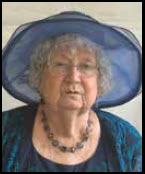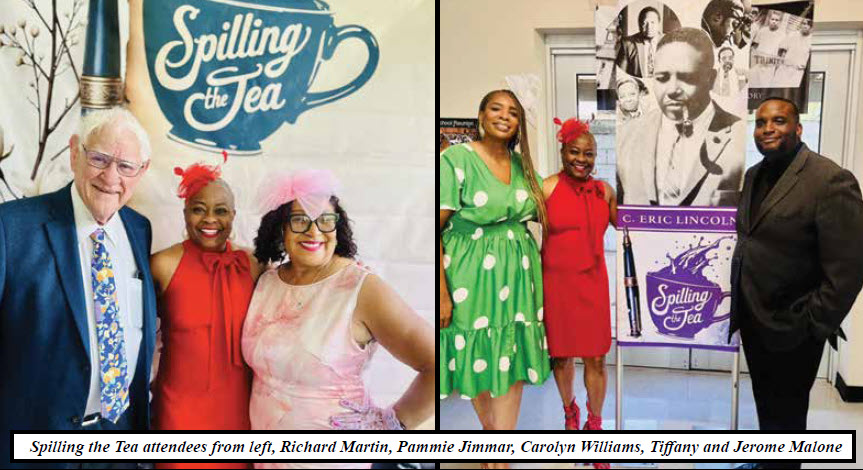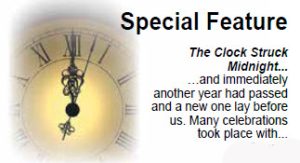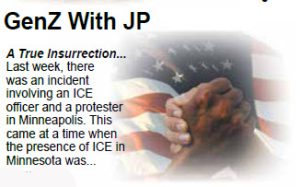Motorists driving along Browns Ferry Street on a recent Saturday afternoon may have wondered if they’d entered a time warp as they watched scores of people flocking into the Pincham-Lincoln Center sporting fashions of yesteryear, Sunday finery of decades past – the women in floral dresses, fascinators or cloche hats and gloves, the men in bowties and fedoras. The 1930s and 1940s fashions were in tribute to Dr. Charles Eric Lincoln, a 1941 graduate of Trinity School who was recently elected posthumously to the Alabama Writers Hall of Fame.
Approximately 100 guests attended Spilling the Tea, an event sponsored by Athens Limestone Community Association in celebration of Lincoln, who would go on to earn degrees from LeMoyne, Fisk, University of Chicago, and Boston University; teach at Clark-Atlanta, Fisk, and Duke; and lecture or act as visiting professor at institutions as far-flung as Ghana University. He authored or co-authored 22 books, including sociological and scholarly works widely known and respected, especially among seminary students. His works also include one book of poetry, This Road Since Freedom, and one novel, The Avenue, Clayton City, which is set in a small southern town very similar to Athens.
The site of the celebration held special significance. Pincham-Lincoln Center is named for Dr. Lincoln and a fellow Trinity graduate and lifelong friend, Judge R. Eugene Pincham, for their continuing loyalty and generosity toward their alma mater, and to ALCA, which seeks to preserve the history of Trinity which, from 1865 to 1965, was the only school in Limestone County where African Americans could earn a high school diploma. The school closed in 1970 due to desegregation. The Center is located on the former site of Trinity School and, prior to that, of Fort Henderson, constructed and defended by former slaves and some of the country’s first U.S. Colored Troops.
The Pincham-Lincoln Center is also just a few yards away from the home of Less and Mattie Lincoln, the grandparents who reared Dr. Lincoln, and a short distance from Valley View United Methodist Church where the Lincolns worshipped.
Judge Pincham’s daughter, Dr. Andrea Benton, and her husband attended from Birmingham, and came forward to make another generous donation and to express her fond memories of spending time in Athens with her paternal grandmother, Hazel Caldwell.
Four speakers talked of Dr. Lincoln’s life and legacy:
Pastor Eugene English described Dr. Lincoln’s childhood and youth, how affirmations from family and church and school were salve for the scars inflicted by growing up in the Jim Crow south. Pastor Ernest Williams talked about the decades Lincoln spent in the classroom, first as a student and later, as a teacher, culminating in his retirement from Duke University as head of the Department of Religion and Culture.
Pastor Barbara Clemons talked about the impact Lincoln had, and continues to have, on lives around the world – from seminarians to readers of his books to the people of his hometown. She ended with a bit of advice for each of us to, like Lincoln, never forget our roots, no matter how far we have risen in the world.
Pastor Jerome Malone spoke of Lincoln’s accomplishments as a composer of poetry and of hymns, one of which is published in the United Methodist hymnal.
Providing inspiration and levity were the Spilling the Tea Ladies – Cynthia Hines, Mary Freeman, Angela Hughes, and Renee Cain – under the direction of Jerome Malone.
Cecelia Malone, a 16-year-old student at Renaissance School in Athens, recited her original poem paying tribute to Trinity founder Mary Fletcher Wells and acknowledging the far-reaching influence of the school and its graduates.
Spilling the Tea was conceived by ALCA treasurer Carolyn Williams, and planned by Williams, Della Darby, Charlotte Fulton, and Pastors Malone and English.
By: Charlotte Fulton








